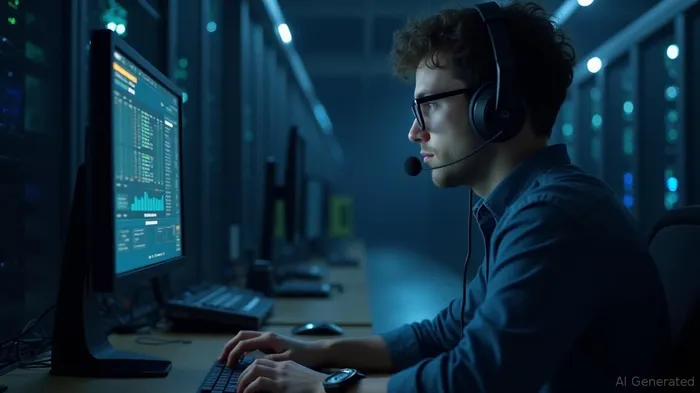Solo Miner Wins $330,386 in Bitcoin Block Reward
On June 5, a solo miner using CKpool achieved an extraordinary feat by successfully mining blockXYZ-- 899,826 on the Bitcoin network. This accomplishment was particularly remarkable given the all-time highest network difficulty Bitcoin has ever faced. The miner's reward for this block was a substantial $330,386, a sum that underscores the potential rewards of solo mining despite the immense challenges.
In an era where Bitcoin mining is dominated by large-scale industrial mining farms and pools, this solo miner's success is akin to winning a digital lottery. The odds were astronomically high, with the Bitcoin network's difficulty at a record 126.98 trillion and the hashrate near 800 exahashes per second. The probability of a solo miner validating a block under these conditions was approximately 1 in 1.6 million, a feat that most miners would expect to achieve only once every three decades.
However, this miner managed to overcome these odds by temporarily increasing their hashrate to an estimated 259 PH/s, likely by renting additional hashpower for the attempt. CKpool developer Con Kolivas noted that this strategy of combining one's own hardware with temporarily rented hashpower can provide solo miners with a fighting chance, albeit for a limited duration.
The block itself was significant, measuring 1.66 MB in size and containing 3,680 transactions. The miner was rewarded with 3.15 BTC, which includes the standard 6.25 BTC subsidy minus fees and adjustments. The reward also included around $2,761 in transaction fees, indicating relatively low network congestion at the time. The surrounding blocks were mined by industrial heavyweights like Foundry USA, highlighting the rarity of individual miners outcompeting these large players.
Solo mining is widely regarded as a test of patience, luck, and technical skill. Braiins and Luxor engineers agree that solo mining is akin to playing the Bitcoin lottery, where one can go years without a win. However, with the right firmware optimizations, overclocked ASICs, and a bit of rented hashpower, solo miners can increase their chances of success. Luxor's Aaron Foster emphasized that solo mining is a way to keep the network decentralized and prove that anyone, not just large pools, can still win.
For those interested in solo mining, experts recommend joining a solo pool like CKpool or Braiins Solo, tweaking ASIC firmware for optimal efficiency, and for the adventurous, renting hashpower for a one-off burst. However, they caution against wagering more than one can afford to lose, as the vast majority of solo miners will never receive a block reward, and electricity costs can add up quickly.
The Bitcoin community celebrated this win as a triumphTGI-- for decentralization. On RedditRDDT--, one miner commented, "This is what keeps me mining solo. It's not about the odds — it's about proving the little guy still has a shot." This event serves as a reminder that decentralization is alive and well, and with the right strategy and a bit of luck, anyone can make Bitcoin history.

Quickly understand the history and background of various well-known coins
Latest Articles
Stay ahead of the market.
Get curated U.S. market news, insights and key dates delivered to your inbox.



Comments
No comments yet